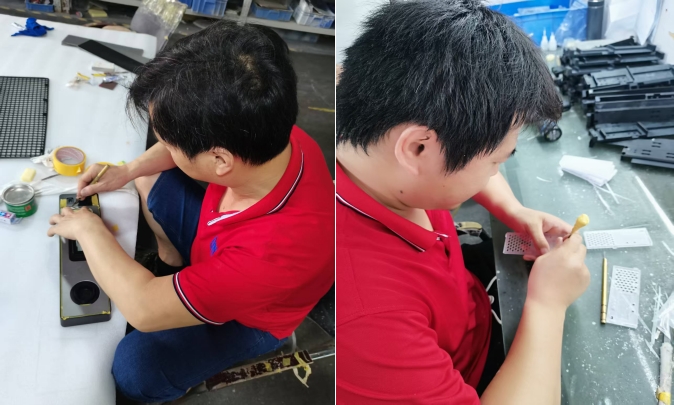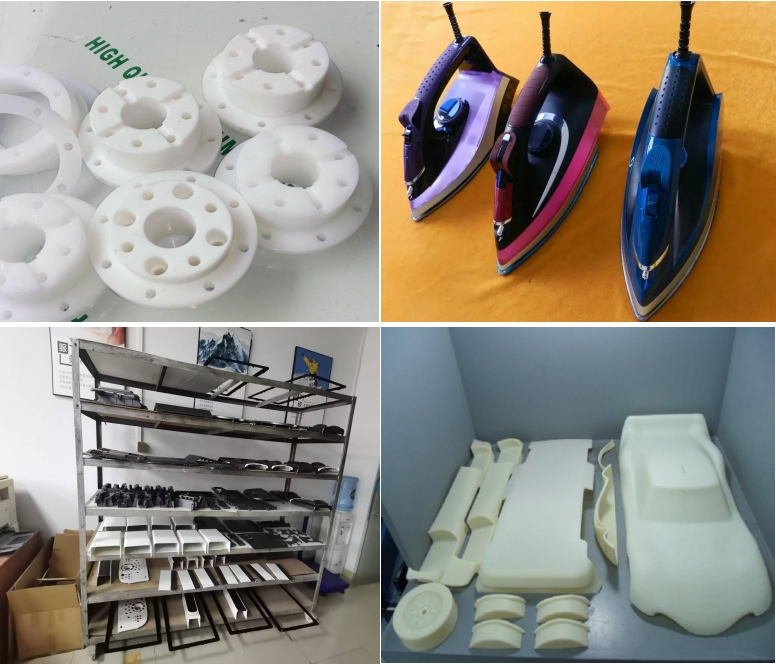Major Service
Other Special Service
What are you looking for?

Manual surface finish for rapid prototyping plays a crucial role in enhancing the quality, aesthetics, and precision of prototypes. Despite the capabilities of advanced CNC machines, manual surface finish remains essential for several reasons:
Precision: Manual surface finish allows for fine-tuning and customization that automated processes may not achieve, ensuring the highest level of precision in prototypes.
Aesthetics: High-end clients often require prototypes by Chinese prototype manufacturers with impeccable surface finishes to showcase the quality and attention to detail of their products.
Customization: Manual surface finish offers flexibility in tailoring the final appearance of prototypes to meet specific design requirements and aesthetic preferences.
Polishing: Polishing is a common surface finish treatment that enhances the smoothness and luster of prototypes, making them visually appealing. It is suitable for materials like plastic, metal, and resin.
Sanding: Sanding is used to remove imperfections, rough edges, and surface irregularities from prototypes. It is particularly effective for achieving a uniform surface texture.
Painting: Painting is a versatile surface finish treatment that allows for customization in color, texture, and finish. It is ideal for prototypes that require a specific aesthetic or branding.
Anodizing: Anodizing is a process that creates a protective oxide layer on metal prototypes, improving their corrosion resistance and adding color options.
Sandpaper: Various grits of sandpaper are used for sanding and smoothing surfaces.
Polishing Compound: Polishing compounds help achieve a high-gloss finish on metal and plastic prototypes.
Paint and Brushes: High-quality paint and brushes are essential for painting prototypes with precision and uniformity.
Anodizing Kit: An anodizing kit includes chemicals and equipment needed to perform the anodizing process on metal prototypes.
